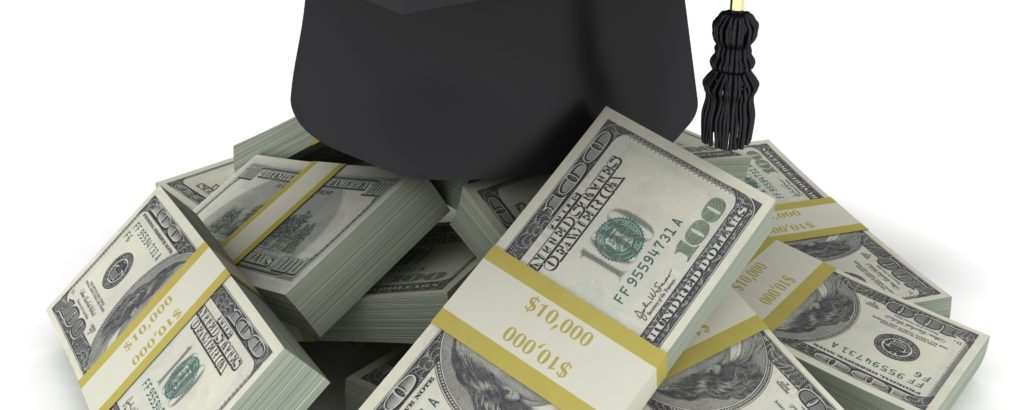 In August, the Internal Revenue Service issued a private letter ruling (PLR) clarifying that employer contributions to retirement plans may be tied to student loan payments.
In August, the Internal Revenue Service issued a private letter ruling (PLR) clarifying that employer contributions to retirement plans may be tied to student loan payments.
Since the great recession of 2008-09, student loan debt in the U.S. has mushroomed. It is estimated that Americans now hold approximately $1.5 trillion in student loans. As a result, many employers are looking for ways to assist their employees in paying off this debt.
Studies show, not surprisingly, that the burden of student loan debt hampers the ability to save for retirement. A recent study indicates that by age 30, employees with student loans have saved 50 percent less, on average, through their employer’s retirement plan, as compared to employees who do not have student loans.
Employers may make additional contributions to retirement plans for virtually any reason so long as these contributions do not favor highly compensated employees. The PLR clarifies that this includes profit sharing contributions that may be tied to student loan payments made outside of the retirement plan.
The plan sponsor requesting the ruling proposed making profit sharing contributions to its retirement plan based on student loan payments. In other words, an employee making loan payments, rather than electing to defer into the retirement plan, would receive a profit sharing contribution which would be the equivalent of a matching contribution if they had instead deferred into the retirement plan.
It should be noted that only the taxpayer who receives a letter ruling may explicitly rely on it. However, letter rulings simply reflect black letter law and are a good indicator of the IRS’s thinking with regard to the matter addressed.
ACR#300519 11/18
